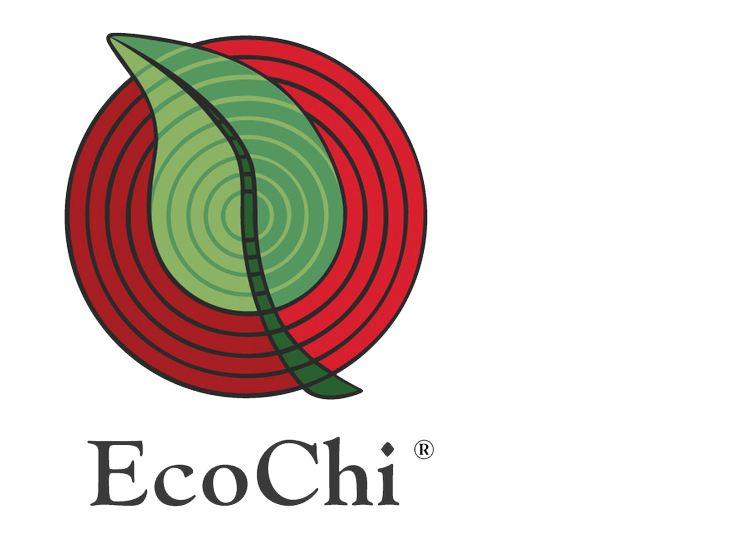Why Office Workers Can’t Sleep (and Why That’s Bad)
An EcoChi Vital Abstract
This article was posted October 9, 2019 by Linda Geddes, Literary Hub.
Ever since the discovery that light—and particularly blue light—can suppress melatonin and alter the timing of our circadian clocks, evidence has been building that exposure to even low levels of light in the evening may be affecting the quality of our sleep. Yet, there is growing evidence to suggest that exposing oneself to bright light during the daytime can help to negate some of the detrimental effects of light at night—as well as improving our mood and alertness. Kenneth Wright, at the University of Boulder in Colorado, has long been fascinated by how our modern light environment might be affecting our internal timing. In 2013, he sent eight people camping in the Rocky Mountains for one week during the summer and measured how this affected their sleep. “Camping is an obvious way of removing ourselves from this modern lighting environment and just getting access to natural light,” he says. They weren’t getting significantly more sleep—but their sleep was more in line with the natural light-dark cycle outdoors. The participants also started releasing melatonin some two hours earlier once they were removed from artificial evening light, and, by the time they woke up, melatonin production had switched off, whereas at home it continued for several hours after waking. Wright suspects that this melatonin hang over could contribute towards feelings of grogginess in the morning. He repeated the experiment in winter. This time, he found that participants went to sleep some 2.5 hours earlier after a week outdoors, and they slept for around 2.3 hours longer. Inspired by Wright’s studies, I decided to go without artificial light at night, and to spend more time outdoors during the daytime. During the first week, I’d maximize daylight exposure. Another week, we turned the lights off after 6 p.m., the third week, I combined both sets of interventions—keeping things bright in the day and dark at night. Initially, it was hard to overcome the belief that, because it was winter, it would be cold and miserable outside, but I was reminded of something a Swedish friend used to say: there’s no such thing as bad weather, only inappropriate clothing. Indeed, the more I did it, the more I came to regard getting outdoors in winter as a treat, rather than a chore. Tests showed that—my body started releasing the darkness hormone, melatonin, some 1.5 to two hours earlier when I cut out artificial light or got more daylight. On the brightest days, I went to bed earlier and experienced an increase in sleep efficiency. During all three intervention weeks I felt more alert upon waking than normal—but particularly during the two weeks when I was exposed to more daylight. A study in office workers similarly revealed that exposure to blue-enriched lighting during daytime hours boosted people’s subjective alertness, concentration, work performance and mood; they also reported better quality sleep.
Copyright © 2019 EcoChi, LLC. All rights reserved.




